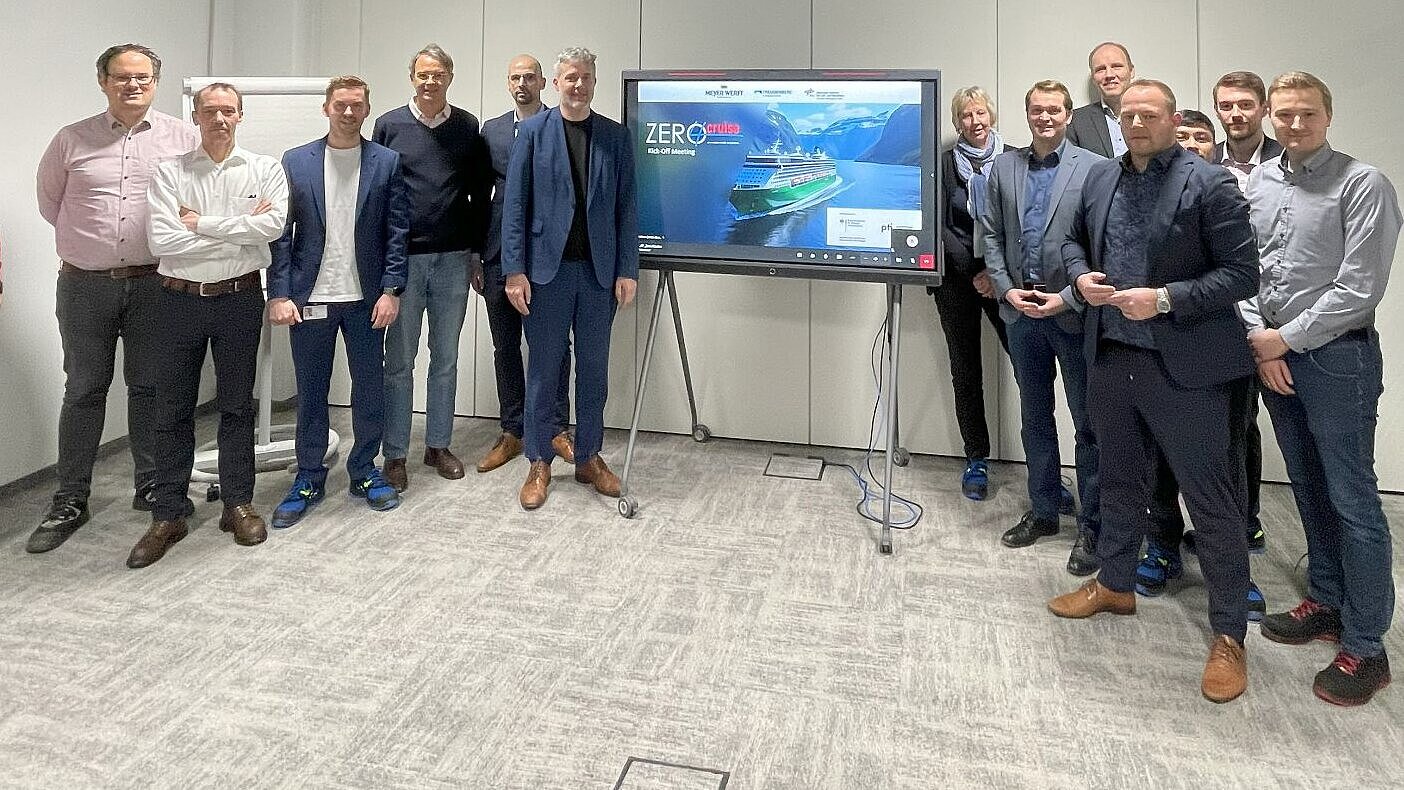Meyer Werft in partnership for retrofit fuel cell development

Fuel cells offer one possible avenue for generating low-emission power on cruise vessels (Source: Meyer Werft)
Meyer Werft has partnered with Freudenberg e-Power Systems and the German Aerospace Center (DLR) to develop methanol fuel cell technology for cruise vessels. The Zero4Cruise project, which garnered a EUR 18.7 million investment from the German Ministry of Economics and Technology, aims to develop large fuel cell stacks which can be retrofitted aboard vessels for power generation, and is currently trialling a 500-kW system.
Fuel cells potentially offer much higher fuel-to-electricity efficiencies by skipping the intermediate stage required in an engine – turning fuel into heat. The promise of fuel cells is converting energy directly from the chemical to electrical, meaning that a greater proportion of the potential energy within a fuel is converted into electricity, and less is lost to heat.
Direct methanol fuel cells (DMFCs), however, have a comparatively low efficiency of around 40%, compared with hydrogen fuel cells, which can offer fuel efficiency of as much as 60% - though efficiencies exceeding 80% may be possible. While engines have a significant advantage in terms of producing power and momentum for propulsion, fuel cells have the edge in terms of electrical generation, and despite producing less heat overall, the heat produced by fuel cells could easily be utilised for on-board processes in the same way as heat from engine jacket water and exhaust is used today.
In general, however, fuel cells are an immature technology which have already proven capable of beating even the world’s most efficient internal combustion engines in many contexts, with far fewer moving parts to maintain. They may have significant room for improvement, should the field benefit from the same degree of research and development as engines have throughout the 1900s.
